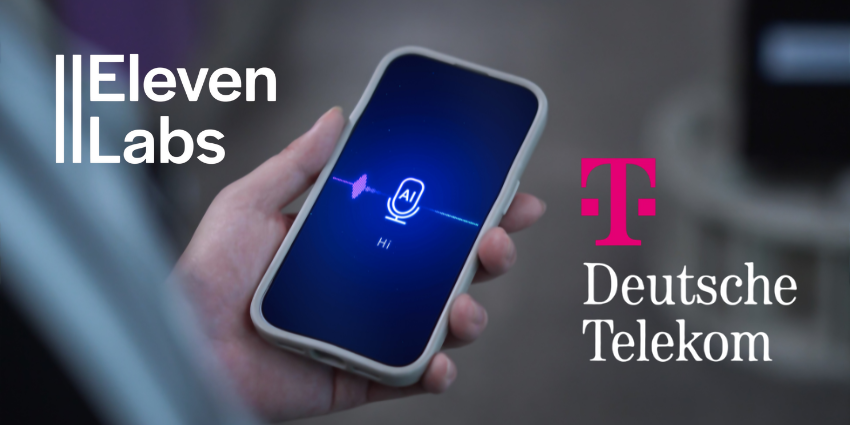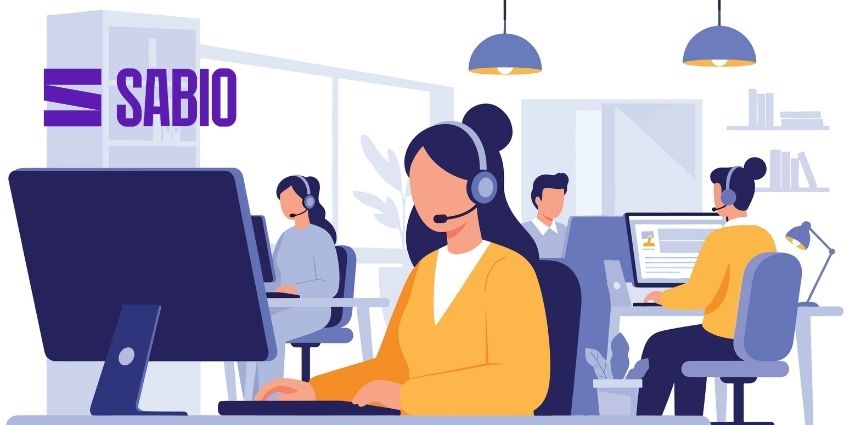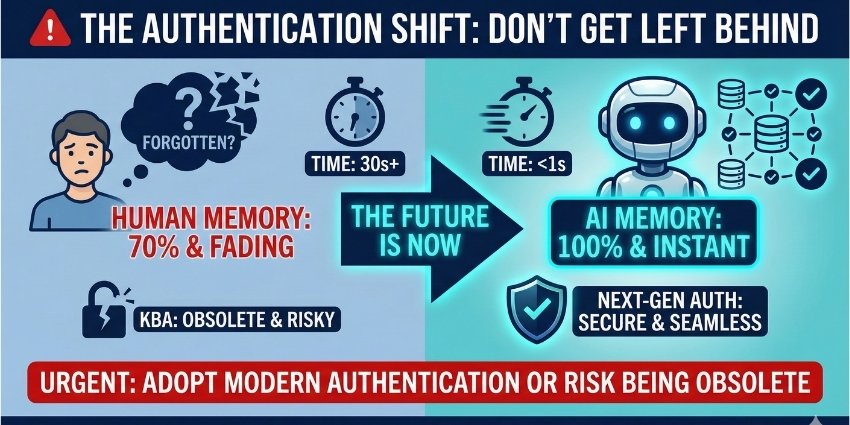Contact centres will start to rely more heavily on artificial intelligence in a bid to boost customer satisfaction and cut costs. Brexit will also boost the technology as Britain struggles to fill vacant posts.
In an exclusive interview with UC Today, Martin Taylor, deputy CEO at cloud communications specialist Content Guru, said that the UK’s possible exit from the EU would mean that contact centres are having to think about how they are going to manage with fewer people in the country post-Brexit.

“We’re going to have to manage with fewer people in all likelihood,” he said.
He said that at one of his customers, it was reporting a 60 per cent churn in its agent workforce last year.
“What we’ve done for them is we brought in a new AI-based natural language processing front-end onto their main service. So we’re taking away a lot of tedious regular, frequently asked questions and automating them.”
AI doesn’t seem to be unpopular with agents. Especially ones who want an easier working experience.
“Workload is the number one cause of agent dissatisfaction,” he said
He said that many agents think they are overworked just answering the phone and then they are being asked to deal with multiple chat sessions, as well as dealing with Facebook, Twitter and emails as well.
“Unless we organise that agent workload carefully, then that workload is just going to drive higher and higher unsustainable churn.”
He added that agents are going to need support for those agents.
One way that AI can help is by listening in on calls or reading through emails to see what information is helpful and putting in front of the agent.
“When the agent opens email to respond to it, we’ve popped open the information we think they need, from the latest info on the intranet; that’s making that agents life a lot easier by automating the FAQs, and providing them with the information as they need it, they’re not scrambling around looking it up or having to think about it too much.”
This is the crux of transformation of the contact centre, rather than just replacing humans with bots, AI will supplement the people at the sharp end with humans helping to make AI better by letting the tech know if the information provided is good or not.
“The agent can actually push a button to say whether that is good information or not, that feeds into the learning aspect,” said Taylor.
“That’s where machine learning has that advantage, it can learn what is good information, highly regarded by the agents and it can adapt”
He added that this could save up to 20 per cent of an agent’s time that they would otherwise use to look up information themselves. Automation can also help at the end of the call as the AI will already know what the call was about and how it went.
Taylor warned that many in the industry were pretending they had AI but had “just got some algorithms”.
“It’s time for [them] to start walking the talk. So we’ve got to see actual deliverables. And they’ve got to not be too disappointing.”







